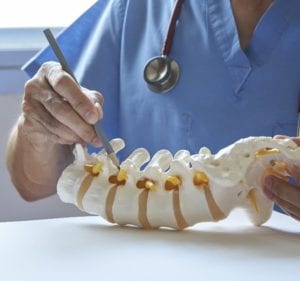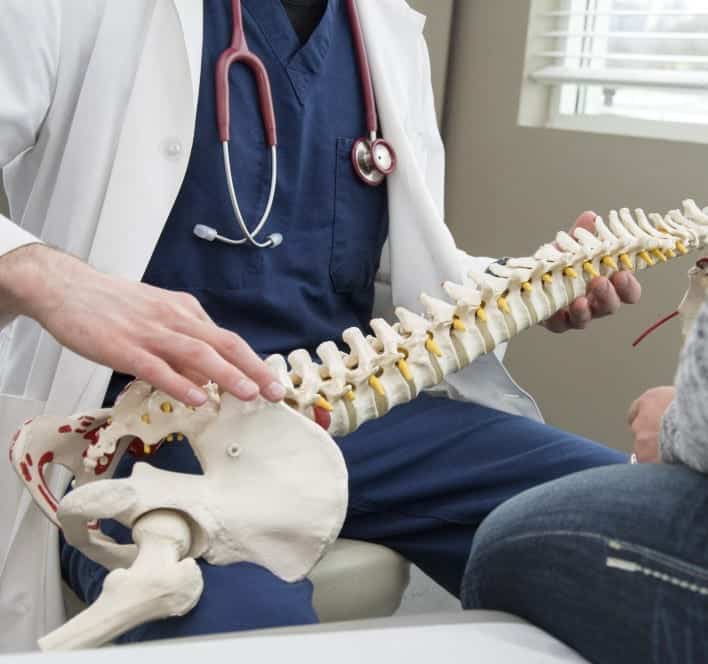You might be wondering if your back pain is a priority given the pandemic. It isn’t something you should have to live with, but is it safe to schedule spine surgery in New Jersey right now? Some surgeries and hospitalizations simply cannot wait, but COVID-19 has put a brief pause on elective surgeries. However, hospitals and clinics are starting to schedule out once again, so the pandemic may not disrupt your plans after all.
It’s important to know what you can expect when going through surgery during these uncertain times. Here are some of the top questions to ask when scheduling your spine surgery during COVID-19.
Do I Need to Get Tested for COVID-19?
Before going into surgery, you’ll most likely have to be tested for COVID-19, especially if you’re going to a hospital. Protocols will vary from office to office, especially depending on the state and case count in each location. At the very least, patients should expect to answer coronavirus screening questions, like:
- Have you been outside the state within the past two weeks?
- Have you been around someone who has tested positive?
- Are you experiencing any COVID-19 symptoms?
If a test is required, testing should happen as close to the surgery as possible. Most tests take between 1–3 days to hear results from, so it’s important the patient self-isolate from the time of testing to their surgery to ensure they do not become exposed.
What Safety Precautions Are in Place?
When having surgery done, patients should always feel comfortable where the procedure is taking place. It’s important to ask the doctor what steps the hospital or practice is taking to ensure everyone’s safety. Consider asking the following questions:
- Is there an abundance of personal protective equipment?
- Are staff members being screened daily?
- What do cleaning procedures look like?
The safety of patients and staff was the top priority of hospitals and clinics before COVID-19, and thankfully, many locations have increased cleaning and sanitation.
What If I Test Positive for COVID-19?
If you test positive for COVID-19 before your surgery, your appointment will likely be rescheduled. In the interim, make sure to self-isolate, practice social distancing, and wear a face-covering so you don’t infect others.

What Will the Day of My Surgery Look Like?
The day of your surgery will most likely look different than normal. You may be instructed to call the hospital or office before entering a pre-screening. Some surgeries do not require staying overnight, but you’ll want to know if you can bring someone with you into the hospital. Or, if you’re staying overnight, can you have visitors? Do you need your own face covering, or is one provided?
Can I Have Visitors?
While it’s important to know what will happen before your surgery takes place, it’s just as important to know what happens after your surgery. Visitation policies differ from hospital to hospital. Some hospitals may allow up to one visitor at a time or may not allow any at all. If you want a friend or family member to be with you post-surgery, it’s important to ask about the policy before scheduling.
Is There a Bright Side to This “New Normal”?
Surgery can be an uncomfortable and unsettling experience, but with extra sanitation and more personal protective equipment being used, patients are saying they felt safe during their surgery experience.
We’re all concerned about health and safety, but there are still places outside your bubble—such as clinics and hospitals—that are safe thanks to extra precautions.
Schedule Your Spine Surgery with New Jersey Spine and Orthopedic
If you need to schedule spine surgery during COVID-19, the medical professionals at New Jersey Spine and Orthopedic will help you every step of the way, while making sure your safety is their top priority. Our highly trained doctors are sure to find the right treatment program for you while keeping your safety their number one priority. Give us a call at (866) 272-9271 or fill out our contact form today!

